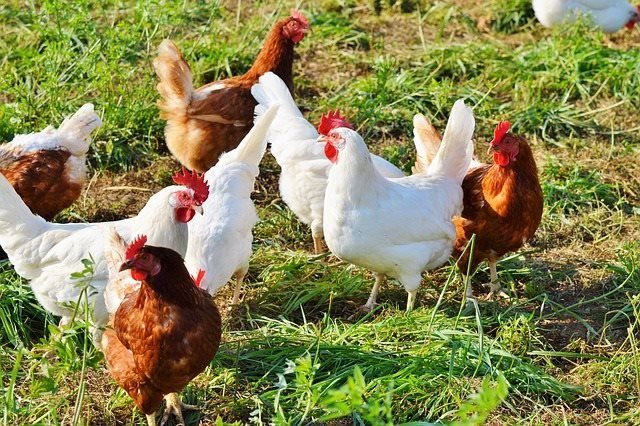New study: Cutting chicken imports could spark large increases for consumers' accounts

The study finds that despite already high levels of trade protection, domestic producers have not increased production to meet growing demand. There is no evidence that further protection will allow them to achieve this objective.
The South African Poultry Association, which represents many of South Africa’s large poultry producers, has applied for tariff increases against imports that range from 12% to 37%, to a flat 82% to be introduced to protect local industry from imports.
AMIE says the research it commissioned, from FTI Consulting, shows that significant tariff increases in an industry which is already highly protected would result in chicken volumes available locally potentially dropping by more than 44,650 tons (based on conservative assumptions) if current proposals are accepted.
The drop in volumes will result in higher prices and an estimated loss in GDP of R1.1bn in the first year following an increase in tariffs. This will be accompanied by rising unemployment, which will cause a further drop in domestic consumption and investment.
Also, due to job losses resulting from elsewhere in the value chain (e.g. distribution or processing of meat), the proposed tariff increase will lead to potential job losses of 1,440 across the economy. These results are in line with several recent studies on increased trade protection in the US, Indonesia and Mercosur countries, which estimated a negative impact on these countries’ GDP, household consumption, and employment.
Protecting domestic poultry
AMIE says these costs to the South African economy cannot be justified based on protecting the domestic poultry industry.
"The solution is to adopt a freer market approach that allows imports to supplement supply where domestic production falls short," says Paul Matthew, CEO of AMIE.
Matthew says the research indicates that the shortage of chicken that will be caused by new punitive tariffs if they are introduced at the proposed levels, will have a negative impact on the South African economy.
"The only winners will be a handful of major producers who are already benefitting from lower feed prices and production costs in a highly efficient industry. How can a massive tariff increase be justified when market leaders, who also own significant parts of the feed supply chain, are reporting record profits of R1.5bn a year?
"The constant claim that chicken is being 'dumped' in South Africa is also misleading as it creates an impression of inferior goods being sold locally. Imported chicken is subject to many quality and veterinary examinations that ensure quality.
"The local broiler industry has been the subject of significant levels of protection over the years. These may have lessened the incentive to find solutions to problems it faces. The FTI Consulting study points to the maturity and efficiency of the local industry.
"Mechanisation has been adopted throughout chicken producing companies. This has had an impact on job creation. The likelihood of a massive tariff increase contributing to job creation is exaggerated."
"Rather, punitive protectionism will lead to about 15% of local importers closing their doors. Job losses will be real. Other importers will find alternate suppliers, but the ultimate losers will be consumers who will pay more and have less purchasing options available," says Matthew.